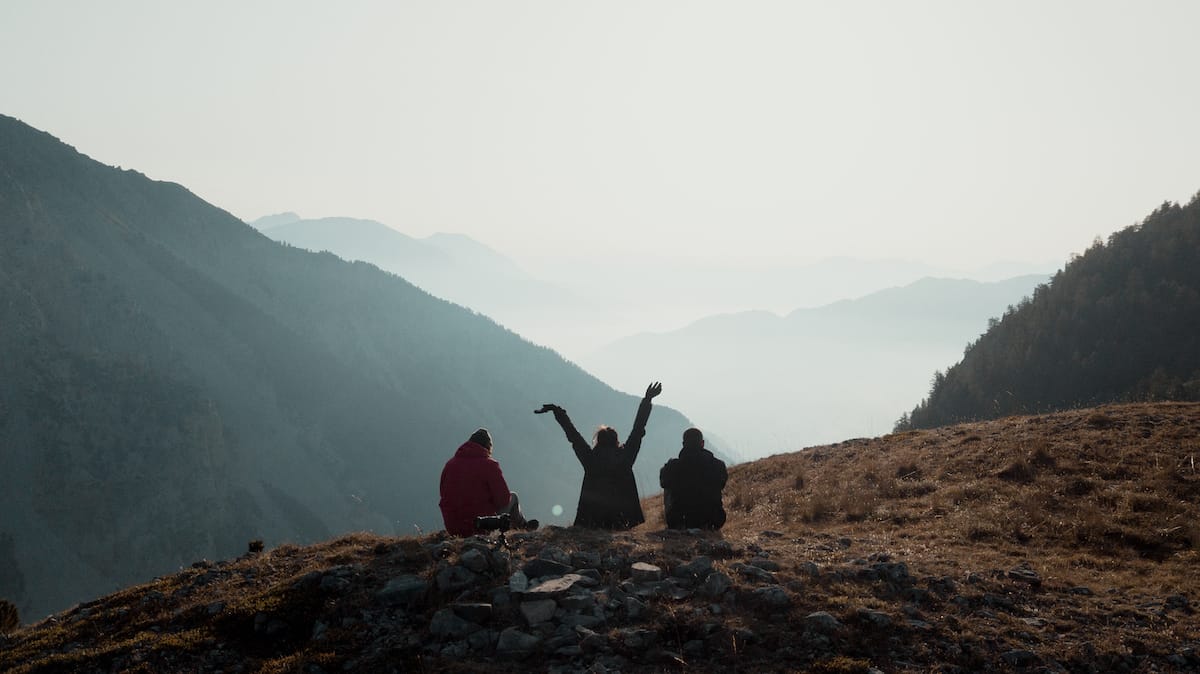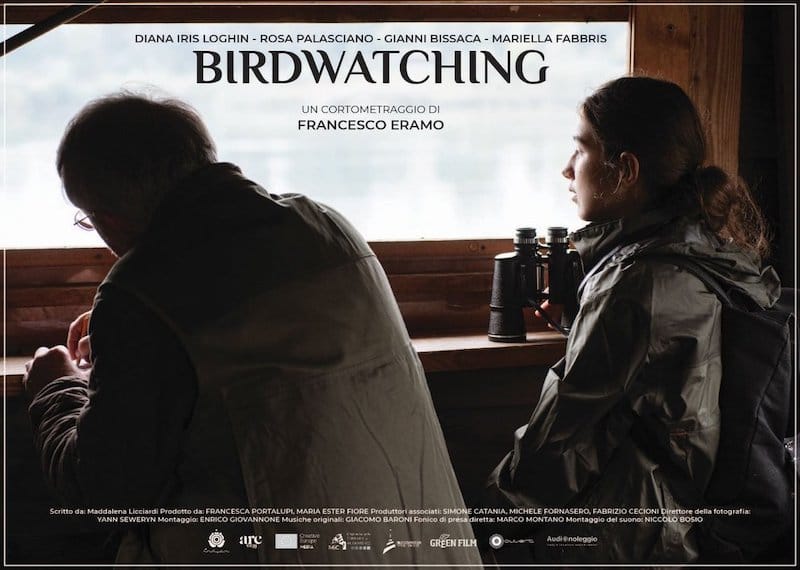Eco production
Like many production activities, video and cinematographic production can also have a negative imprint on our planet, and indeed it usually does: waste, energy consumption and CO2 emissions are just some of the ways in which cinema pollutes the environment , and we want to do everything in our power to avoid it.
This is what we mean when we talk about Eco-production, i.e. the whole set of practices which in one way or another limit or eliminate the impact on the Earth. Since our inception we have embraced this practice, especially in asset management waste, of the transport he was born in catering.
Green certification
AreFilms is actively engaged in green production, adopting eco-sustainable practices to reduce the environmental impact of their productions. This means they work to limit the use of natural resources, reduce waste, promote energy efficiency and take a responsible approach to the environment.


Waste reduction on set

Transport management

Vegetarian catering proposal

Waste
However, the decomposition of waste releases methane, which is a greenhouse gas, and other toxic elements such as some heavy metals, which can contaminate the soil and groundwater. Incinerators are an alternative, but they release toxic substances that are dispersed into the air and eventually end up in soil and water. This can and does happen regularly even when sorting the waste produced and it is worse for waste that never reaches the landfill and is dispersed in nature.
For this reason we don't just differentiate, and we believe in politics zero waste, reducing to the bone what we are forced to throw away and encouraging reuse practices. In our catering we try to avoid using plastic crockery, collecting and washing what we get dirty in order to do it reuse, our customs are whenever possible of second hand or coming from circular economy systems and the sets are reused as much as possible in subsequent productions.
Catering
The way we eat can have a massive effect on our planet.
The production of feed for grazing animals generates 18% of the greenhouse gases produced each year, a huge amount if we consider that transport produces 13.5%.
Then there is the important issue of deforestation: in addition to harvesting timber, the 80% of the Amazon forest has been razed to serve as grazing land for livestock or to grow cereals to feed animals, causing a significant decrease in absorption of CO2. Not only that: deforestation means destroying entire ecosystems, i.e. trees, but also plants and animals, which without their habitat risk extinction, upsetting the balance of life on our planet.
The same problem is also caused by the consumption of fish, which is the cause of intensive fishing and, in part, of the pollution of the seas - we talked about it in the documentary "The Hummingbirds of the Ocean" -.
Greenhouse gases produced in 1 year
%
Animal feed
%
Transportation
Drinking water consumption
%
Agriculture
Liters per 1kg of meat

Birdwatching
Fransceco Eramo's short film, which we made in co-production with Indyca Film, is a certified green film.
Facing all the challenges and strictly adhering to the rules to achieve an exceptional score was a difficult but incredibly satisfying experience. We overcame every obstacle with commitment and dedication, making this an educational adventure. Although it was our first experience with a green certificate, we are proud to say that all our productions are already eco-sustainable. We continue to pursue our green vision in the cinematic world. Join us in this new era of responsible manufacturing and inspire change.